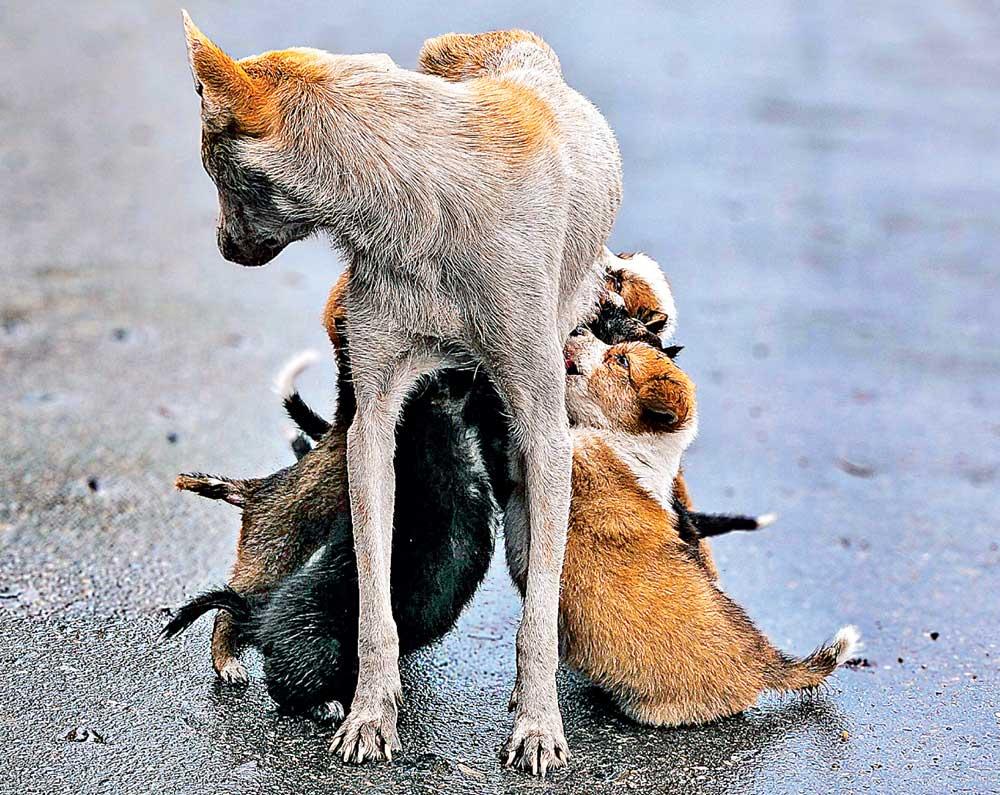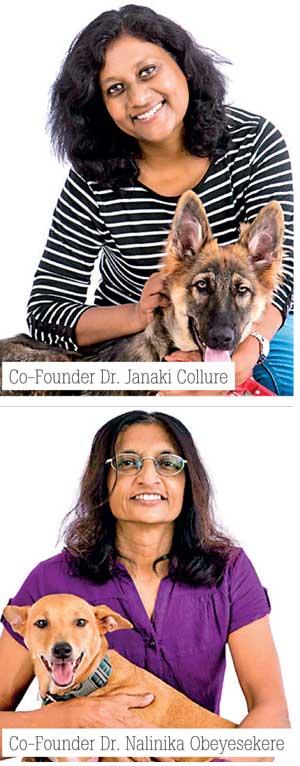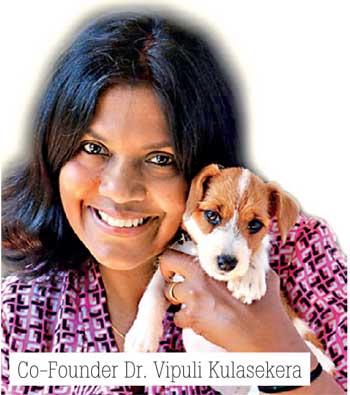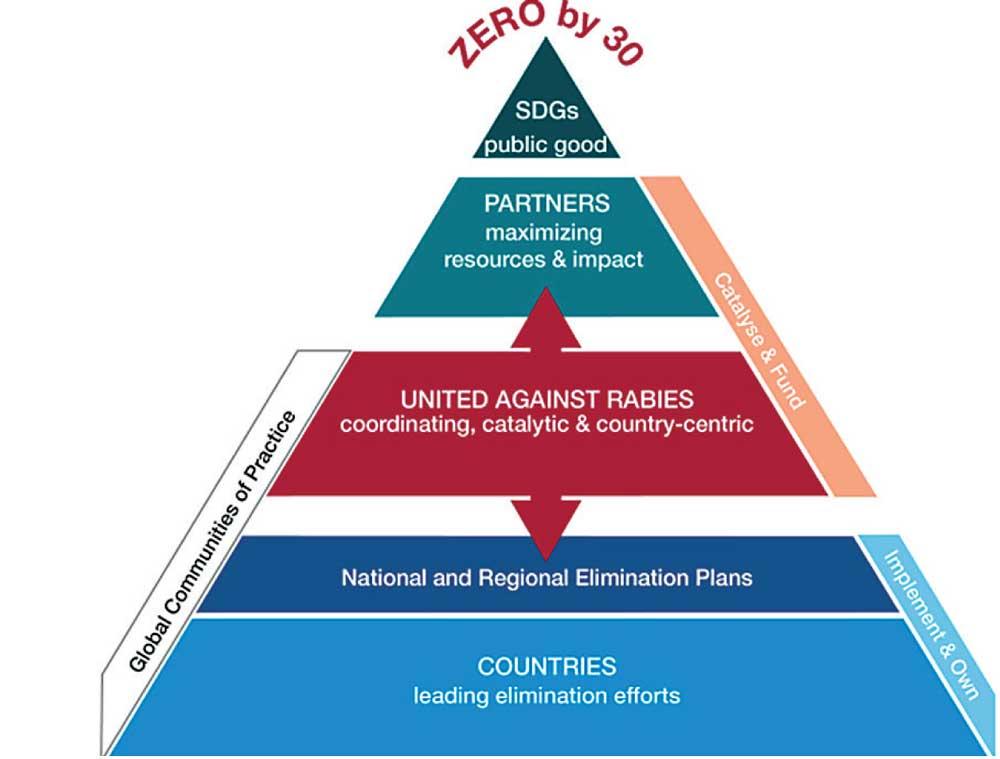21 Sep 2024 - {{hitsCtrl.values.hits}}

 By: Ninuri Asalya
By: Ninuri Asalya
28th September marks World Rabies Day, which encompasses an international awareness movement on the rabies virus and its elimination. For the second consecutive year, PetVet honors the date through a free anti-rabies vaccination program that intends to mass immunize pets and rescues.
PetVet and Their Initiative
Located at Colombo 05, PetVet is a fully-fledged animal hospital providing premium veterinary services for over 27 years. They are a modernized women-owned clinic that follows international protocols, in terms of delivering fear-free care and specialized feline treatment. PetVet strives to make a positive impact on animal welfare in Sri Lanka, as emphasized by their slogan - Connect. Care. Cure. Fueled by the success of the preceding year’s program, PetVet has subsequently organized an anti-rabies vaccination program for the 28th & 29th of September 2024 from 9.00 am to 6.00 pm, in line with the global 2024 theme - Breaking Rabies Boundaries. In addition to being administered for absolutely free, the vaccines allocated for the program are of high-quality brands - Rabisin and Nobivac. To ensure efficiency, program participants have been urged to book appointments by contacting the PetVet team at 0112 599 799 or 0112 599 800.
The Rabies Virus
Rabies is a fatal viral zoonotic disease, primarily found in mammals, which causes acute infection of the nervous system. It can be transmitted from animals to humans through bites, scratches, and direct contact of mucus and saliva with eyes, mouth, or open wounds. The infestation is not limited to cats and dogs, but rather extends to various wildlife as well. Typically, symptoms present as acute behavioral changes and progressive paralysis. It has no cure following onset of symptoms. However, rabies is 100% vaccine preventable.
In Sri Lanka, The Epidemiology Unit and Ministry of Health reported:
Globally, The World Organization for Animal Health (OIE) and World Health Organization (WHO) reported:
 World Rabies Day
World Rabies Day
The date commemorates the death of Louis Pasteur, French chemist, and microbiologist, who invented the rabies vaccine. He administered the first human rabies vaccine in 1885 to a nine-year-old boy who had been severely bitten by a rabid dog - and upon succeeding in saving his life, his work popularized, with hundreds flocking to receive his treatment. In tribute to his medical breakthrough, World Rabies Day focuses on eradicating the rabies virus altogether. As such, Global Alliance for Rabies Control (GARC), WHO, OIE, and the Food and Agriculture Organization of the United Nations (FAO) formed a meticulous plan “Zero by 30”, revolving around the One Health approach to end human deaths from dog-transmitted rabies by 2030. This global partnership named “United Against Rabies” streamlines, coordinates, and supports global efforts unlike anything before.
Rabies Control in Sri Lanka
The Zero By 30 plan acknowledges the Sri Lankan government’s existing, successful rabies elimination programs implemented in 1990–2014, which have declined human rabies cases by 85% through:
Numerous non-profit organizations also spearhead regular Catch-Neuter-Vaccinate-Return (CNVR) programs, which largely contribute towards national rabies prevention and control.
Dr. Chamith Nanayakkara, Advisor to the Board of Association of Veterinarians for Humane Management of Animal Population, estimated a 3 million dog population by 2007. As of 2024, he estimated a decline to 2.1 million dog population in the country, out of which strays constitute only three percent. Although Sri Lanka still has a long way to go, these numbers certainly indicate gradual success. Through continuous population control and regular vaccination, Sri Lanka can certainly come out triumphant.
Join PetVet on September 28th and 29th to celebrate World Rabies Day and take a step towards rabies elimination!

25 Dec 2024 3 hours ago
25 Dec 2024 4 hours ago
25 Dec 2024 4 hours ago